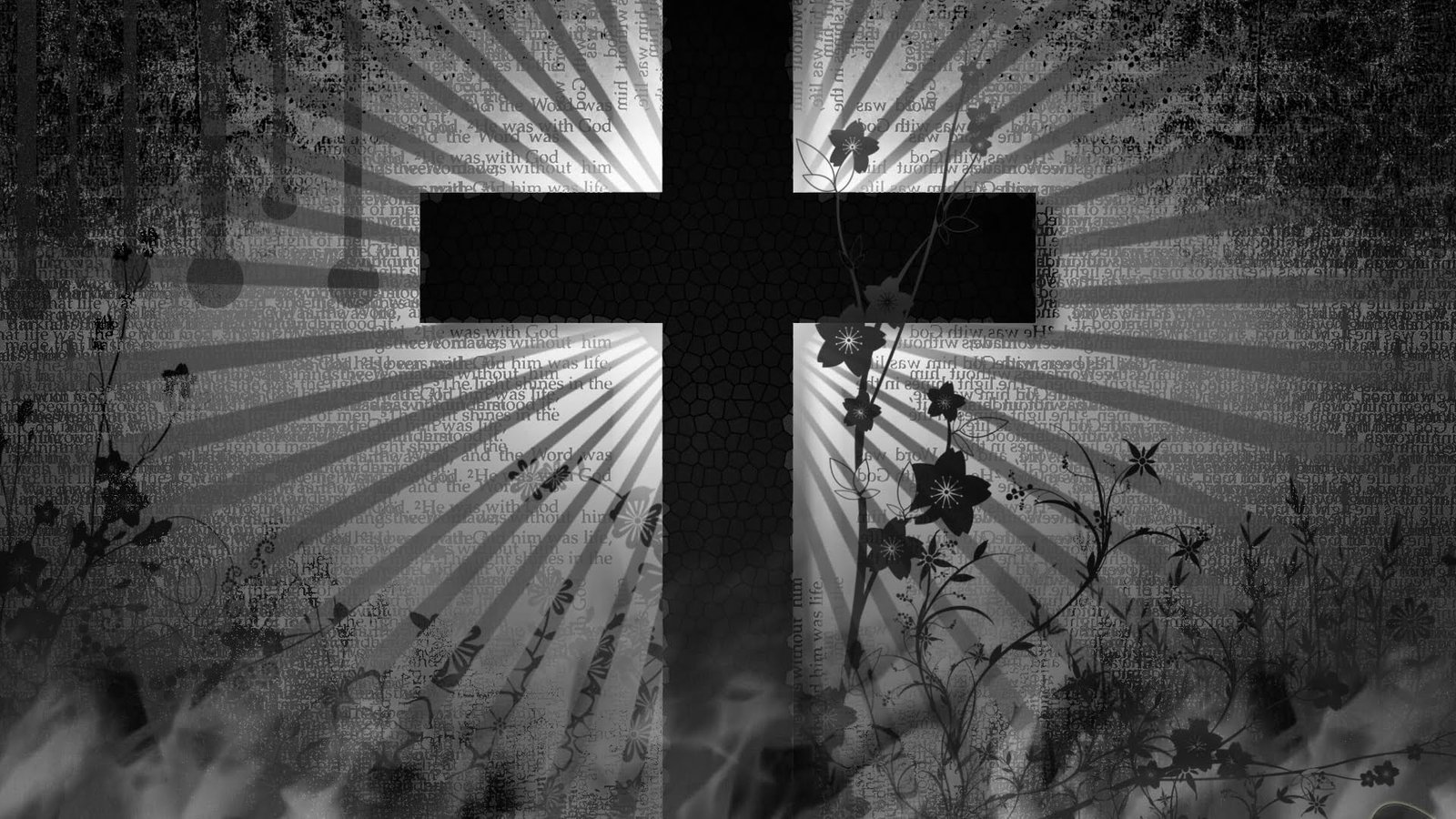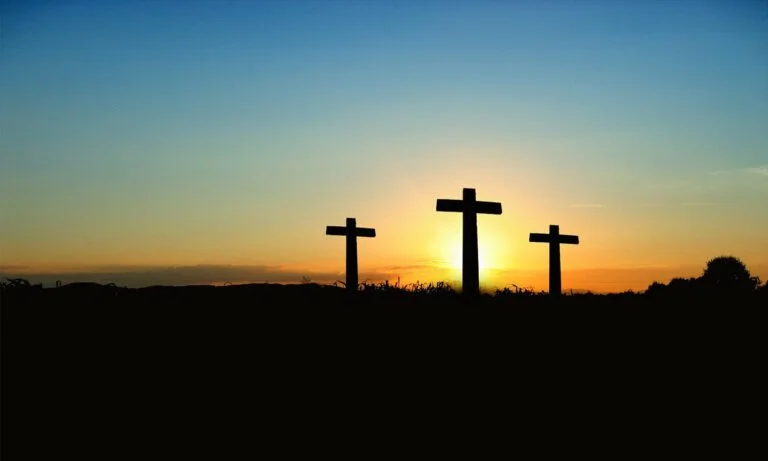Unraveling the Symbolism: black cross meaning
black cross meaning, Delve into the multifaceted meanings of this iconic emblem and its relevance across various contexts.
In a world brimming with symbols, few are as powerful and enigmatic as the black cross. This seemingly simple emblem carries with it a tapestry of meanings that span across cultures, religions, and historical epochs. Join me on a journey as we delve into the depths of this symbol, uncovering its origins, unraveling its significance, and exploring its diverse interpretations.
A Brief Introduction to the Black Cross
Picture this: a bold, stark silhouette against a backdrop of obsidian. It’s the black cross—a symbol that evokes both curiosity and contemplation. But what exactly does it signify? At its core, the black cross is a variant of the cross symbol, a potent icon with roots that dig deep into the annals of human history.
The Origin Story
To truly grasp the essence of the black cross, we must first understand its humble beginnings. The cross, in its various forms, has been a fixture in human culture for millennia. From the ancient civilizations of Egypt and Mesopotamia to the sprawling empires of Rome and Byzantium, the cross has held sway over the hearts and minds of people across the globe.
But it wasn’t until the emergence of Christianity that the cross truly ascended to prominence. As the symbol of Christ’s crucifixion and subsequent resurrection, the cross became synonymous with sacrifice, salvation, and spiritual renewal. Fast forward to the Middle Ages, and the black cross began to make its debut on the world stage.
The Rise of the Black Cross
In the tumultuous era of knights and chivalry, the black cross took on new meanings and connotations. Emblazoned on banners and shields, it became the emblem of military orders such as the Teutonic Knights and the Knights Templar. To the medieval mind, the black cross symbolized not only faith and piety but also valor and martial prowess.
Unpacking the Symbolism
Now that we’ve laid the groundwork, let’s dive deeper into the rich tapestry of symbolism woven into the black cross.
Christian Symbolism
For many, the black cross is inseparable from its Christian roots. As a variant of the traditional cross, it carries with it all the weight of Christ’s sacrifice and redemption. In Christian iconography, the color black often represents mourning and penitence, making the black cross a poignant reminder of the solemnity of the crucifixion.
Occult and Esoteric Interpretations
But the black cross isn’t confined to the realm of Christianity alone. In the esoteric traditions of alchemy and mysticism, it takes on a whole new set of meanings. To the alchemist, the black cross represents the union of opposites—matter and spirit, life and death, creation and destruction. It is a symbol of transformation and transcendence, a potent reminder of the alchemical journey from lead to gold.
The Black Cross in Different Contexts
As we journey through the annals of history, we encounter the black cross in a myriad of contexts, each imbued with its own unique significance.
Military and War Memorials
In the somber fields of battle, the black cross stands as a silent sentinel, bearing witness to the sacrifices of the fallen. From the hallowed grounds of Arlington National Cemetery to the windswept plains of Flanders, black crosses mark the final resting places of soldiers who gave their all for king and country.
Funerary Practices and Mourning Traditions
But the black cross isn’t reserved solely for the battlefield. In cemeteries the world over, it serves as a solemn reminder of our own mortality. In funerary rites and mourning traditions, black crosses adorn gravestones and mausoleums, signaling the passage from this life to the next.
Modern Interpretations and Symbolism
As we navigate the complexities of the modern world, the black cross continues to exert its influence, albeit in new and unexpected ways.
Artistic Depictions
In the world of art and literature, the black cross serves as a potent symbol of darkness and despair. From the haunting brushstrokes of Goya to the poetic verse of Baudelaire, artists and writers have long been drawn to the brooding allure of the black cross.
Political and Activist Symbolism
But the black cross is not content to remain confined within the hallowed halls of museums and galleries. In the realm of politics and activism, it becomes a rallying cry for change and revolution. From anarchist movements to environmental protests, the black cross flies high as a symbol of resistance and defiance.
Variations and Adaptations
As with any symbol worth its salt, the black cross comes in a variety of shapes, sizes, and styles.
Different Designs and Styles
From simple, unadorned crosses to elaborate, ornate designs, the black cross takes on myriad forms, each with its own unique charm and allure. Whether carved from stone or wrought from iron, the black cross stands as a testament to the boundless creativity of the human spirit.
Regional and Cultural Variants
But the black cross isn’t content to remain confined within the borders of a single nation or culture. In different corners of the globe, it takes on new meanings and interpretations, reflecting the diverse tapestry of human experience.
Controversies and Misconceptions
Of course, no exploration of the black cross would be complete without addressing the controversies and misconceptions that surround it.
Misinterpretations of the Black Cross
In an age of misinformation and fake news, it’s all too easy for symbols to be misinterpreted and misappropriated. From neo-Nazi groups to occult practitioners, the black cross has found itself at the center of controversy time and time again.
Addressing Common Misconceptions
But amidst the noise and confusion, it’s important to separate fact from fiction. The black cross is not inherently evil or malevolent—it is simply a symbol, imbued with the meaning we choose to ascribe to it. By understanding its history and significance, we can ensure that the black cross is never wielded as a weapon of hate or intolerance.
Conclusion: Reflecting on the Symbolism of the Black Cross
In conclusion, the black cross is far more than just a simple emblem—it is a window into the human soul, a mirror reflecting our deepest hopes and fears. Whether as a symbol of faith or a call to arms, the black cross continues to captivate and inspire us, reminding us of the timeless power of symbolism in our lives. So the next time you encounter a black cross, take a moment to ponder its meaning and significance—you may just uncover a truth that has been hiding in plain sight all along.





